MARKET OVERVIEW
The Global Data Quality Tools market will determine data management in this industry. Organisations are keen to get to have more real, accurate information. Companies increasingly rely on Data Quality Tools given the exponential explosion of data stored in databases within an organization with a view toward decision-making backed by trusted results. The value of these solutions will be an indicator of market growth in regards to the needs for data quality and internationalization standards.
The Global Data Quality Tools market will include a broad range of solutions that are designed to detect, correct, and prevent errors in data sets. These tools will be used in finance, healthcare, retail, and telecommunications industries, where the accuracy of data directly impacts operational efficiency and regulatory compliance. Businesses will use these tools to manage data from multiple sources, integrating them into existing systems to streamline processes and improve overall productivity.
The scope of Global Data Quality Tools will be expanded beyond those simple error detect functionalities. They provide features like data profiling, cleansing, enrichment, matching, and monitoring. These allow organizations to achieve a clear view of all the data assets being held, track inconsistencies, and correct them in real-time. Through advanced technologies such as machine learning and artificial intelligence, they will become progressively more advanced tools that allow for predictive data quality management and the automated correction of errors.
Organizations will realize the worth of maintaining good-quality data not only for operational efficiency but also for strategic decision-making. The more complex it gets in managing data across various regions and regulatory environments, the greater will be the demand for robust data quality solutions. Therefore companies will invest in these tools to comply with data protection laws and to prevent any breaches of sensitive information.
The Global Data Quality Tools market will have an intense competition, with the existing software companies as well as newer startups fighting to provide the most innovative and effective solutions. Distinguishing tools will be available from vendors on the ease of integration, ease of use, and large-scale data processing without much human intervention. Ability to customize solutions for specific industry needs will also play a significant role in gaining market share.
Scaling as the market would evolve, Cloud-based data quality tools will form the new market leaders. For organizations of different sizes, organizations will be equipped with the benefit of scalability, flexibility, and on-demand utilization of data quality functionalities, replacing the need to have large investments in on-premise infrastructure. The use of cloud technologies shall also make a way for faster real-time data processing and analytics, enabling instant responses to changes in data quality.
In conclusion, Global Data Quality Tools will no longer be a nicety but, rather, a necessity in the data management strategy of every industry. Their value can be summed up by better data accuracy and consistency, on which the achievement of operational excellence and regulatory compliance would be based. As the world becomes increasingly digital, businesses will need more robust data quality solutions, which will, in turn, drive the future of data-driven decisions and innovation.
Global Data Quality Tools market is estimated to reach $7,901.99 Million by 2032; growing at a CAGR of 17.8% from 2025 to 2032.
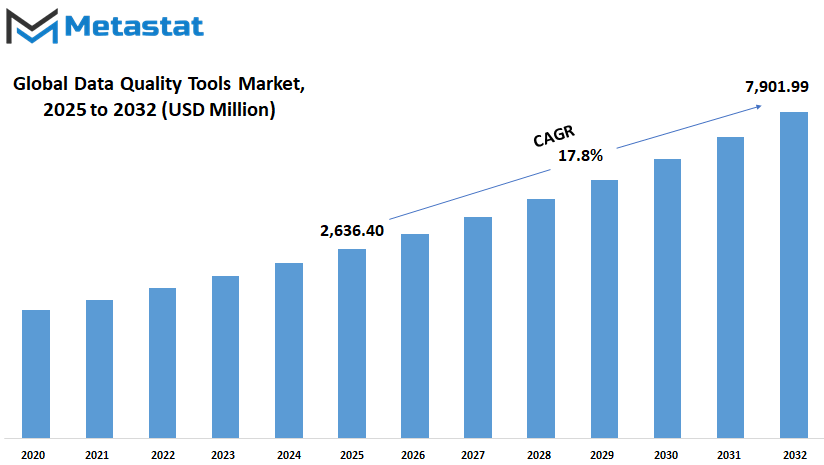
GROWTH FACTORS
The global data quality tools market is at a very important threshold to the next growth curve coming through the next few years, spurred by several key factors responding to trends in how business organizations perceive and manipulate their data. This value for information has never really been more critical with businesses around the world constantly producing new data. The increasing volume and complexity of data have made traditional approaches to data management not good enough, meaning companies have to resort to advanced data quality tools. This means besides being accurate and consistent, data must help organizations make the right decisions, enhance operating efficiency, and seek a competitive advantage in their markets.
The greatest drivers of Global Data Quality Tools market growth are related to the high pressure of governments and regulatory agencies on the quality of data and its privacy. Around the globe, governments have formulated strict norms so that firms are responsible enough and safe regarding their data handling. The General Data Protection Regulation (GDPR) and the California Consumer Privacy Act (CCPA) have forced companies to invest in robust data quality tools to avoid legal penalties and maintain their reputations. The demand for data quality solutions that can meet these regulatory compliance requirements will continue rising as more regulation gets introduced.
However, despite all these growth drivers, the market faces a few challenges:. One of the biggest challenges is the lack of skilled professionals who can effectively utilize data quality tools. The technology itself is developing at a tremendous pace, but the lack of expertise in handling and analyzing data is a bottleneck for most organizations. In addition, integrating data quality tools with existing data management systems is very complex and resource-intensive. In many businesses, there is an associated bottleneck with legacy systems that does not directly align with new data quality solutions; hence, there could be difficulties in the smooth implementation of the system.
The future of the Global Data Quality Tools market appears bright. The growing demand for real-time data quality monitoring and management solutions will lead to opportunities for the growth of the market into a new horizon. Higher reliance on real-time information in making key decisions for any business would need availability of means of data fault identification and automatic correction. Thus, the resultant trend is even more development to yet even better developed, friendlier, and easily accessible ones to fit any process within business activities.
The Global Data Quality Tools market will face challenges in terms of skilled personnel and system integration, but overall, the prospects are positive. The push for regulatory compliance and the growing importance of real-time data management will drive the market forward, offering numerous growth opportunities in the years to come.
MARKET SEGMENTATION
By Data Type
The Global Data Quality Tools market is expected to grow significantly in the next few years as companies increasingly rely on data for decision-making and efficient operations. The more an organization generates and collects data, the more crucial accurate, consistent, and reliable information becomes. Low-quality data may result in expensive errors, lost opportunities, and regulatory issues. This is why data quality tools across different industries are investment companies make to ensure that their data remains clean and trustworthy.
Data quality tools market is split into segments by data type and these include customer data, product data, financial data, compliance data, and supplier data. All the above data types play a unique role in the growth and functioning of organizations. Customer data, for example, proves to be so important in devising marketing plans, customer care management, and customized services. Accurate information about customers always helps a firm understand its clientele better, increasing the effectiveness of campaigns and providing better customer experience. In future, when there is an advancement in customer service, the call for tools, which will further ensure the correct maintenance of customers’ data will be on increase.
Product data is also crucial, especially for retail and manufacturing companies. Incorrect product data can cause supply chain problems, inventory issues, and unhappy customers. Data quality tools help businesses maintain accurate product records, ensuring smooth operations and better decision-making. As supply chains become more complex and globalized, the need for reliable product data will grow, pushing the market for these tools further.
Financial data is another crucial area of the Global Data Quality Tools market. Financial organizations and companies, however, must rely on proper financial data for reporting, forecasting, and compliance purposes. Incorrect financial data causes significant financial loss and legal complications. With growing regulatory compliance requirements and high volumes and complexities of financial transactions, organizations will look for sophisticated data quality tools to ensure their financial books are correct and compliant.
Compliance data is becoming increasingly important because the regulatory burden is tightening around several sectors. Organizations would have to ensure that their data meets the appropriate legal and regulatory standards, thus shunning penalty or reputational issues. Data quality tools help organizations maintain compliance through constant monitoring and correction of adverse data conditions. Because governments and regulatory bodies introduce new compliance requirements, it’s anticipated that this aspect will keep on pushing demand within the said tool.
The last is managing relationships and the smooth flow of procurement processes. Supplier data forms a very essential component in negotiations of contracts, delivery schedules, and avoiding any kind of disruption in the supply chain. More interconnected global supply chains will create an increased demand for data quality tools to handle supplier data management.
In the future, as data continues to be a central part of business strategies, the Global Data Quality Tools market will experience steady growth across all data types. Organizations will prioritize investments in these tools to gain a competitive edge, improve efficiency, and ensure compliance in an increasingly data-driven world.
By Component
The Global Data Quality Tools market is expected to experience significant growth in the coming years, with increasing reliance on data across industries. As businesses continue to expand their digital operations, the need for accurate, reliable, and consistent data becomes even more critical. Companies are recognizing that poor data quality can lead to flawed decision-making, reduced operational efficiency, and lost opportunities. In response to the problems, organizations are looking at the data quality tools that help clean, standardize, and make their data usable.
The market is divided by component into Software and Services. Software will hold a dominant share in the market due to businesses' investments in more advanced tools that automate processes such as data cleaning, validation, and enrichment. These tools are increasingly becoming sophisticated. They are going to include even artificial intelligence, machine learning. These will become able to discern patterns and abnormalities in data sets more effectively than ever before. As the quantity of data explodes, companies would rely more on such software so that they wouldn't be unable to manage it and maintain it with accuracy while not overextending their capacities.
The service segment is expected to grow as well. While software gives the tools for maintaining data quality, services give the expertise and support needed to implement and optimize these tools. Many organizations do not have the in-house knowledge to fully exploit data quality tools, making consulting, training, and managed services highly valuable. Service providers can help businesses develop data governance strategies, integrate data quality tools with existing systems, and provide ongoing support to ensure long-term success.
Looking into the future, the Global Data Quality Tools market is influenced by the following key trends. Big data and increasingly cloud-based platforms are such a paradigm shift in how organizations approach the management of their data that it calls for a redefinition. Data is generated at unprecedented rates with traditional methods for ensuring data quality that are no longer sufficient. The scalable and flexible data quality solutions to accommodate the voluminous amount of data in disparate sources and formats would increase the demand.
Further, the pressure in the regulatory areas, related to data privacy and security, would influence the market. While introducing strict regulations around data, the government will need businesses to adopt better data quality and standards with compliance, hence boosting demand both for the services and the software in the market.
In conclusion, the Global Data Quality Tools market has a bright future ahead of it, influenced more and more by technology as well as the increasing importance of high-quality data in business operations. Consequently, all segments-including software as well as services-prove to be indispensable tools for organizations in dealing with data management challenges brought about by the digital age.
By Deployment Model
It can be noted that the Global Data Quality Tools market has been seeing tremendous growth over time because organizations in various industries have started emphasizing ensuring the quality of their data. Since data is considered one of the crucial assets of the organizations in different industries, data quality tools remain in great demand. Data quality tools help companies clean, validate, and manage data to ensure that processes of making decisions are based on correct information, which is up-to-date. To cut it short, with better quality in data, firms will no longer have to wait for errors, enrich the experience of customers, and have effective strategic decisions. With more and more companies embracing digital transformation, demand for data quality tools is likely to soar much higher in the near future.
Another factor that significantly influences the growth of the Global Data Quality Tools market is the deployment model. Businesses have different needs and preferences for how they implement and access data quality solutions. This has resulted in the market being divided into two main deployment models: On-premises and On-demand. Both of them have their strengths and will keep improving in the future, therefore allowing businesses the ability to increase their flexibility to use data quality tools in how they manage these data quality applications.
On-premises refers to data quality tools that one installs and hosts on a company’s own infrastructure. It can offer full control over business data and systems since this is mainly preferred by firms that have security requirements or by firms that desire everything to be internal. With this on-premises model, business people always have access directly to their data and, as such, will be able to customize and integrate their tools to other internal systems. It's, however pricey to deploy as well as cost to maintain hence not reachable by small businesses.
The On-demand model is well known to others as the cloud-based model giving access to quality data tools throughout the internet. For On-demand, firms are not worried about maintaining their infrastructures since the service provider handles all technical issues. That is why the On-demand solution becomes more cost-effective and flexible. Businesses can pay for what they want now, and changing their usage patterns easily whenever such changes may come to them. Other benefit this cloud-based model provides is greater accessibility: teams can now collaborate anywhere, and access data quality tools will be essential considering the current rising popularity of remote working.
As far as future is concerned, the future trend of Global Data Quality Tools will continue to take shape between On-premises and On-demand data quality tools. While certain companies may still appreciate the security and control offered by On-premises solutions, flexibility and scale of On-demand models would be expected to play a greater role in expansion for cloud-based tools. The demand for effective, reliable, and accessible data quality tools will continue to increase since businesses depend increasingly on data for their decisions.
By Vertical
The global market for data quality tools is in rapid growth. It is currently penetrating into each and every section of the marketplace. As it becomes more pertinent to the function of businesses or organizations, no one can reject the importance of high-quality or accurate data. These tools provide the organizations to free their data from inconsistencies or errors or any duplicates, that help them arrive at the decision and optimize processes. This is only going to intensify in the future, where more industries realize the benefits of clean and reliable data.
Most significant areas where demand is expected to grow for data quality tools in the near future are within the BFSI sector, as such industry relies heavily on data to manage customer relationship, regulatory compliance, and financial transactions. Any errors in the data may lead to financial loss, security breach, or reputational damage of a company. Data quality tools will help the organizations in BFSI ensure their data is correct, current, and compliant with regulations. More BFSI companies will likely be using these tools in the future to protect their operations.
In the same vein, telecommunications and IT companies will make more use of data quality tools in the management of the tremendous amounts of data they transact daily. As the adoption of 5G networks increases and people’s needs for internet connectivity continue to escalate, the amount of data to be transmitted also will increase. High data quality will become more critical in ensuring seamless operations and customer satisfaction. Telecommunication and IT organizations will make extensive use of these sophisticated tools, thereby assuring reliability and accuracy of the data that helps enhance their services as well as their business operation.
Retailing and eCommerce is yet another group, which would utilize the same with high expectations since more people will shift online and retail business and eCommerce requires massive handling of data on products as well as on customers. This will ensure that businesses make better decisions, such as understanding consumer behavior, optimizing supply chains, and personalizing marketing campaigns. As eCommerce continues to grow, retail businesses will increasingly rely on data quality tools to enhance their operations and customer experience.
Data quality tools will be used in the healthcare and life sciences industries to ensure that the medical records, research data, and patient information are accurate. Inaccurate data in these sectors could result in severe consequences, such as misdiagnoses, improper treatments, or even loss of life. Hence, maintaining data quality in this sector will continue to be at the top of the list. With continued technological advancements, healthcare and life sciences organizations will increasingly rely on these tools to improve patient outcomes and streamline their operations.
Other sectors such as manufacturing, government, energy, and utilities will also adopt data quality tools to improve their efficiency and decision-making. These industries collect and analyze massive amounts of data to monitor operations, forecast demand, and ensure compliance with regulations. As these industries continue to become data-driven, they will require data accuracy. Companies in these fields will need to rely on data quality tools in order to make sure that the data they collect is good enough to make vital business decisions off of.
The future will surely see innovative as well as high adoption across many sectors with this global data quality tools market. Accurate, reliable data will be universally demanded, and more industries realize its importance; there will be higher sophistication as well as greater integrations with all operations for such tools ensuring this quality.
|
Forecast Period |
2025-2032 |
|
Market Size in 2025 |
$2,636.40 million |
|
Market Size by 2032 |
$7,901.99 Million |
|
Growth Rate from 2024 to 2031 |
17.8% |
|
Base Year |
2024 |
|
Regions Covered |
North America, Europe, Asia-Pacific, South America, Middle East & Africa |
REGIONAL ANALYSIS
The Global Data Quality Tools market will grow highly in years to come, spread across several regions. It is segmented into five main geographic areas: North America, Europe, Asia-Pacific, South America, and the Middle East & Africa. There are different characteristics of these regions that will influence the development and growth of the market.
The market is expected to be relatively stable in North America, including the United States, Canada, and Mexico. The United States is going to be one of the leading players in the region, with an advanced technological landscape and increased data-driven decision-making processes. Growth is expected to be witnessed in Canada and Mexico, albeit at a slower rate. As businesses keep data accuracy and reliability at the top of the priority list, Data Quality Tools demand will surge across this region.
Europe is the other main region in the global Data Quality Tools market. The region has some of the most important countries, such as the United Kingdom, Germany, France, Italy, and many more countries across the rest of Europe. As a developing interest in data governance and regulation compliance in the European markets, this could be further fueled by policies such as the General Data Protection Regulation, this further calls for businesses to properly maintain the standards of data quality where they will be compelled to follow the adoption of specialized tools and raise an interest to the organizations in Europe in an effort to raise the strategies in data management.
The Asia-Pacific region, including countries such as India, China, Japan, South Korea, and others, is expected to experience significant growth in the near future. Businesses in this region will look for ways to improve their data quality because of the rapidly developing economies and the growing importance of data analytics. As more companies in India, China, and Japan focus on digital transformation, the demand for Data Quality Tools will likely surge. Moreover, the growing presence of technology startups in the region will further propel market growth.
South America, especially Brazil, Argentina, and so on, will be an emerging market for Data Quality Tools. As businesses start to become more data-driven, the need to have tools ensuring data quality increases. The maturity of the market here is lower than in others, but this does not ignore the growth potential.
The final hub is the Middle East & Africa. This encompasses countries like GCC states, Egypt, South Africa, and other parts of the Middle East and Africa. These regions are set to boom as well. With more developed industries upgrading to more advanced technologies for data collection, retrieval, and manipulation, Data Quality Tools will continue to grow in demand. Both private and public sectors will need to see to the accuracy and efficiency of their operations with these tools.
In the future, each of these markets will be crucial in determining the global market for Data Quality Tools. Data has always been important in all industries, and its growing importance requires organizations worldwide to demand reliable tools to maintain and improve data quality.
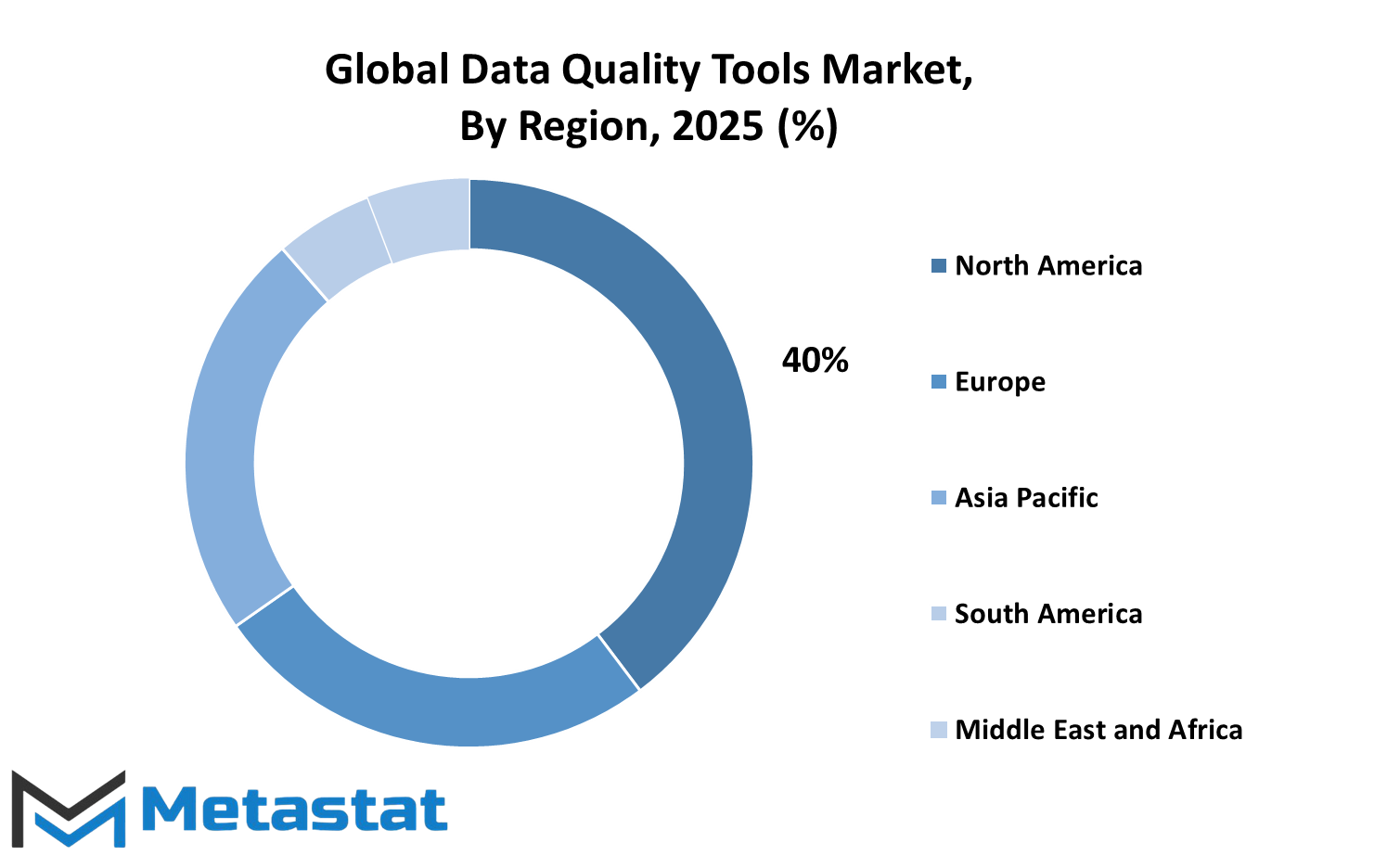
COMPETITIVE PLAYERS
The Global Data Quality Tools market is one that continues to grow in importance and complexity as businesses around the world rely more on data to drive their decisions. The market is expected to grow significantly as companies increasingly invest in tools that ensure the accuracy, consistency, and overall quality of the data they use. With growing value in data, the quality management and improvement tools will become even more sophisticated. In such a scenario, competition among these big players would intensify to meet the diverging and shifting needs of business organizations.
Market leaders in this space, like Informatica, IBM Corporation, and Tamr, are ready to capitalize on this emerging market. These companies deal with a set of data quality solutions, data cleansing, profiling, and integrating data. Aims are aimed at providing such tools to enable businesses to retain clean, dependable, and usable data. Examples include IBM and its experience, which is really vast in areas of data management and analytics: it helps businesses streamline their process of data with improved decision capabilities. Informatica continues its leadership role, helping organizations drive data quality excellence with a fully integrated enterprise-class data management platform.
The following are the remaining players, though gaining momentum-SAS Institute Inc., Talend, and Oracle Corporation. SAS Institute has superior analytics, while offering solid data quality solutions empowering organizations to realize best-in-class data management capabilities. Talend solutions are open-source solutions that allow businesses to interface and manage data according to individual requirements. Oracle Corporation offers a comprehensive enterprise suite, including data quality services to ensure companies' data adheres to industry standards.
Companies such as Experian Information Solutions and Pitney Bowes Inc. are evidence of the growing importance of data quality tools in finance and logistics. These companies bring specialized expertise to the table, providing targeted solutions for different sectors, whether it is enhancing customer data in financial services or improving location-based data in logistics. Syncsort and Alteryx, on the other hand, offer tools that help businesses manage, cleanse, and analyze their data more efficiently.
Market expansion for data quality tools will attract players like Melissa Data, Syniti (BackOffice Associates, LLC), Information Builders, and Datactics to innovate and offer solutions to new business needs. Their products will be developed along with the upscaling of artificial intelligence and automation for better process enhancement in managing data. The competitive landscape in the Global Data Quality Tools market will undoubtedly see new players emerging as well, each aiming to offer cutting-edge solutions that provide a competitive advantage.
Data Quality Tools Market Key Segments:
By Data Type
- Customer Data
- Product Data
- Financial Data
- Compliance Data
- Supplier Data
By Component
- Software
- Services
By Deployment Model
- On-premises
- On-demand
By Vertical
- Banking, Financial Services, and Insurance (BFSI)
- Telecommunications and IT
- Retail and eCommerce
- Healthcare and Life sciences
- Manufacturing
- Government
- Energy and utilities
- Others
Key Global Data Quality Tools Industry Players
- Informatica
- IBM Corporation
- Tamr
- SAS Institute Inc.
- Talend
- Oracle Corporation
- Experian Information Solutions, Inc.
- Syncsort
- Pitney Bowes Inc.
- Alteryx, Inc.
- Melissa Data
- Syniti (BackOffice Associates, LLC)
- Information Builders
- Datactics
- WinPure
WHAT REPORT PROVIDES
- Full in-depth analysis of the parent Industry
- Important changes in market and its dynamics
- Segmentation details of the market
- Former, on-going, and projected market analysis in terms of volume and value
- Assessment of niche industry developments
- Market share analysis
- Key strategies of major players
- Emerging segments and regional growth potential



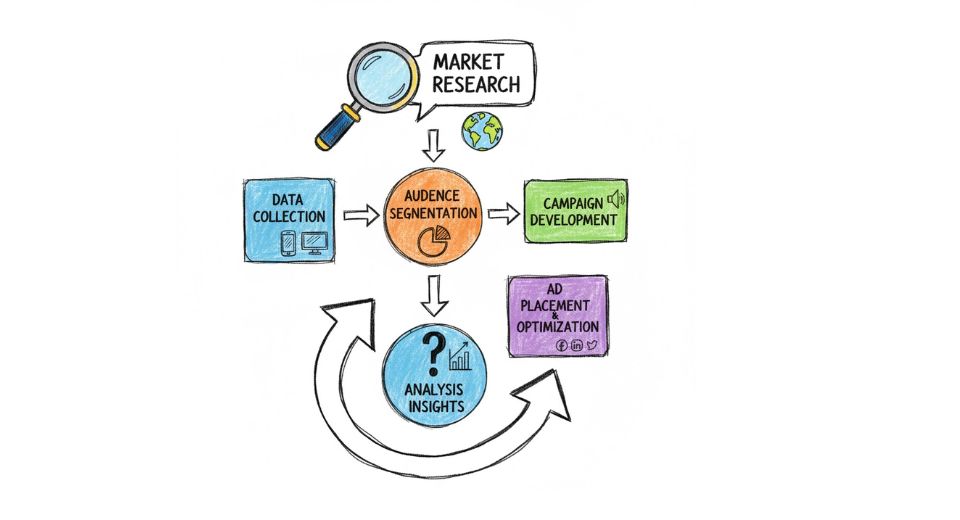

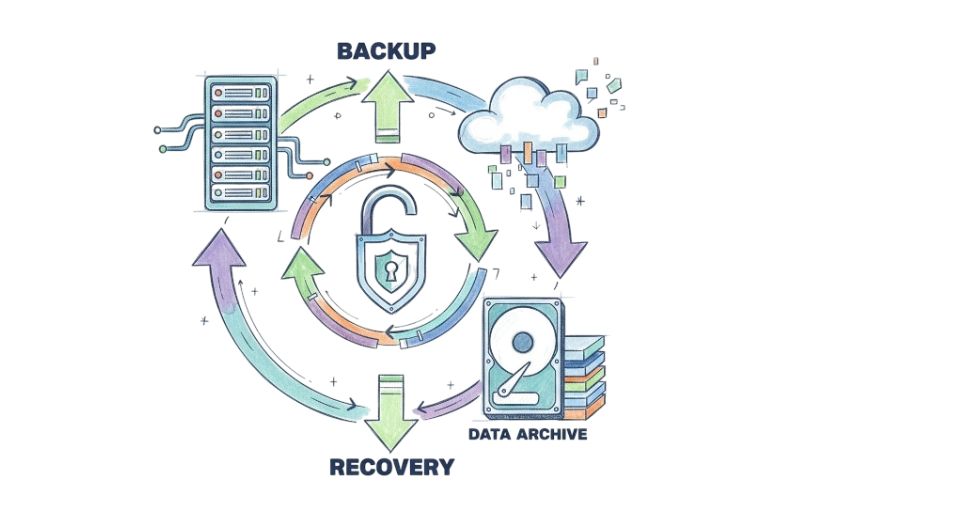
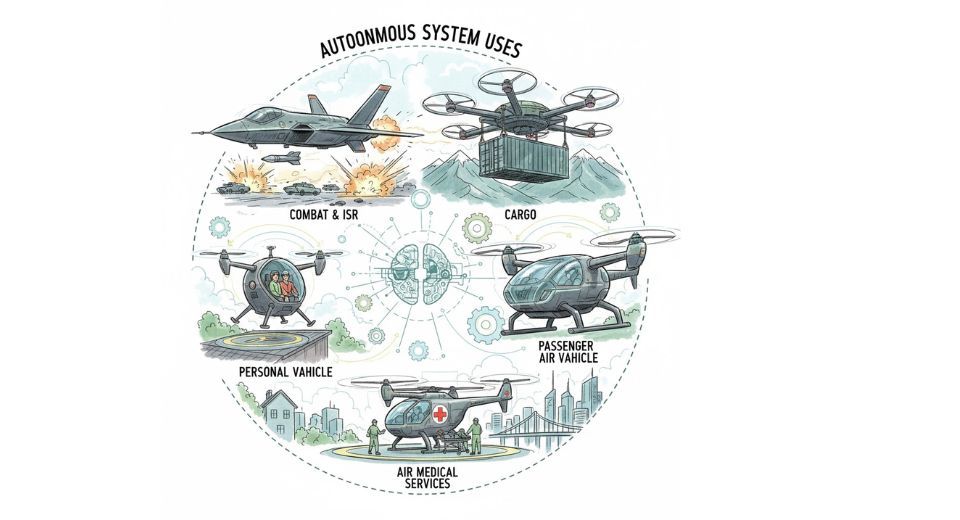

 US: +1 3023308252
US: +1 3023308252






